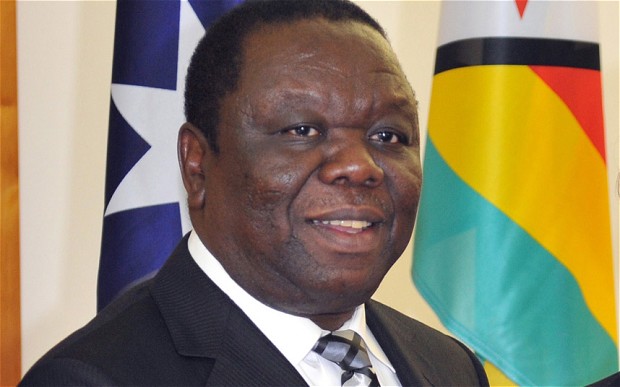
The Afrobarometer/Mass Public Opinion Institute of Zimbabwe report has been received with mixed feelings locally and abroad. The survey that found that President Robert Mugabe enjoys greater support in the rural areas where 70% trust him, while he only enjoys 45% trust of the urban population.
For the opposition, obviously they are still failing to come to terms with the survey findings, which also found that the opposition parties were the least supported institutions, trusted by only 34% of Zimbabweans.
Some have dismissed the survey as “dogded”, “rigged”, “nikuved” and all sorts of other terms.
However, we all know for a fact that such allusions have become synonymous with the opposition since time immemorial. In 2013, they dismissed the Susan Booysen survey (they actually rejected two surveys: the Freedom House one done by Booysen and another internal one done by MDC IRI (another Afrobarometer one), whose findings were mirrored by the results of the elections.
Dismissing such surveys is not only dangerous, but disastrous. Rather, they should help in developing political strate-gies based on the worst case scenarios, otherwise they would be failing to appreci-ate and take into cognisant that surveys constitute free political consultancy.
The broad democratic movement (workers, civil society etc.) must ask hard questions as to why Mugabe is popular in the rural areas where there is rampant violence at election time? Is it because the “urban-based” movements for democracy have not had a deep understanding of the actual prevailing political economy, which includes rural poverty?
Any political outfit worth something should take such findings seriously without being dismissive and emotive.
On the opposition being least trusted, I think it might be because the MDC has been steeped in the same political culture of intolerance, violence, corruption, selfishness and private accumulation of wealth.
- Chamisa under fire over US$120K donation
- Mavhunga puts DeMbare into Chibuku quarterfinals
- Pension funds bet on Cabora Bassa oilfields
- Councils defy govt fire tender directive
Keep Reading
However, the contributions made by the MDC towards some incremental reforms over the past 15 years cannot be ignored, but sadly the splits have left the party thin. To be frank, at the present moment the opposition politics is in intensive care unit and it needs urgent and practical solutions if it is to be relevant.
I think most Zimbabweans have lost faith in the existing opposition parties and I posit that Zimbabwe now needs new strategies, new ideas and thinking which will drive the next revolution.
The fact of the matter is that the people of Zimbabwe are now tired of the opposition because of its failure to remove Mugabe from power.
Many others are no longer participating in elections because they have failed to bring about the change we are yearning for. The spirit of change is slowly dying down. Those who have claimed to be leading that struggle have failed to bring hope and inspire the masses. The faces have remained the same, strategies have not changed and this is an opportunity for this generation to define a new narrative.
As proponents of democracy, we should at all times be able to carry the obligation to tell the truth, claim no easy victories and take the masses every step of the way. Not telling the truth is not only counter-revolutionary, but a recipe for disaster which will lead us into a bottomless pit.
It is important to note that political activity in the world is a result of conscious human action, not a supernatural phenomenon. there is need for massive groundwork and mobilisation to re-energise the masses in the struggle for a democratic state.
The MDC is not the Alpha and Omega of Zimbabwe’s revolutionary politics. Many major political events have transpired in Zimbabwe without the involvement of the MDC, and to think that it is only the MDC that will carry the struggle forward is not only myopic but foolishness of the highest magnitude. Already, Zimbabwe made a huge blunder and set a wrong precedent in portraying an incapable Zanu PF and lately the opposition that cannot outgrow its individual leaders. This is an unfortunate part of our politics where it happens that both sides of political options are disastrous, thus the need for a new alternative to drive the democratic struggle forward.
Our greatest challenge as a born-free generation is accepting the false illusion insinuations that Morgan Tsvangirai is the “face of the struggle” and that Mugabe is a “champion of revolutionary politics,” while failing to appreciate that the struggle and politics should outgrow individuals.
There is no doubt that the environment is now ripe for a post-colonial, post-liberation, post-nationalist movement which places the people at the centre of power, participation, opportunities and material improvement.
Our rallying point is the Peoples Charter, a document of the people of Zimbabwe, hoisted by civil society and pro-democratic formations as the torch-bearers that should lead Zimbabwe to total political, social and economic emancipation of all citizens. The Peoples Charter is therefore an expression of the social, political and economic will of Zimbabweans.











